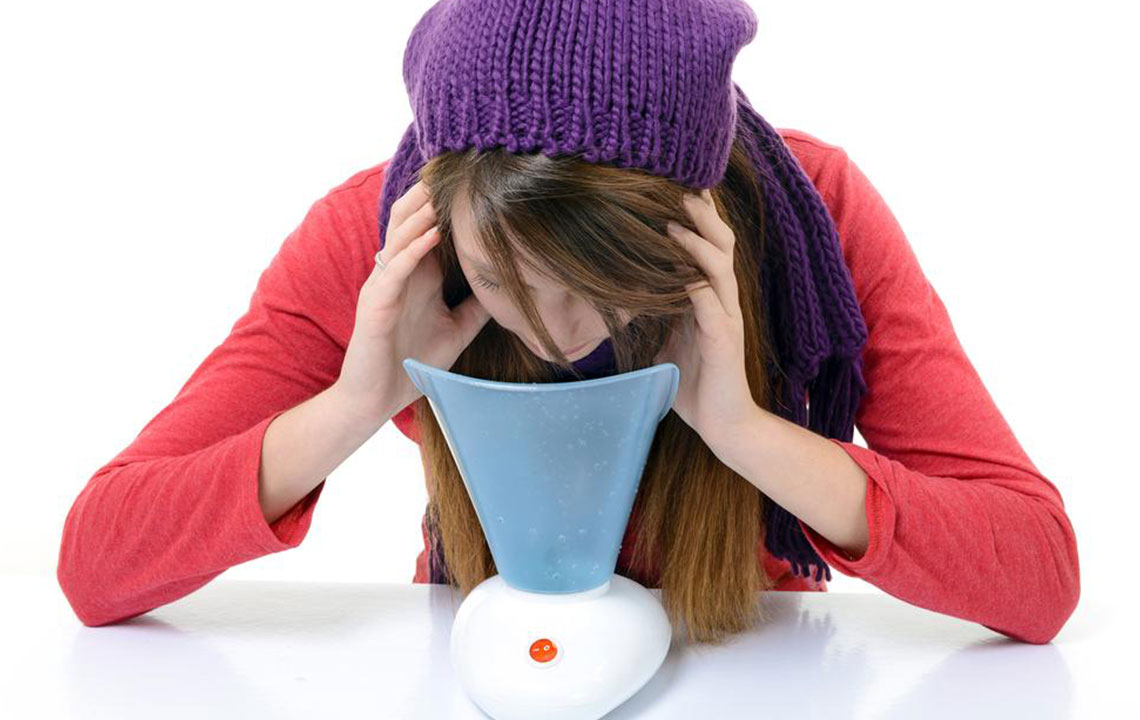Natural Remedies for Sinus Relief
Discover effective natural methods to relieve sinus congestion, including hydration, steam inhalation, warm foods, and herbal remedies. Learn when to seek medical attention for persistent sinus issues.

Natural Ways to Alleviate Sinus Congestion
Sinus issues can be highly uncomfortable, disrupting daily activities. They often cause a sensation of pressure in the ears, nose, and throat, with symptoms like nasal congestion, excessive mucus, facial pain, and sometimes fever. Factors such as dairy consumption, pollution, smoking, allergies, and seasonal changes can trigger sinus problems.
Common symptoms include thick mucus discharge, facial pressure, and nasal blockage that hampers breathing, speech, or daily functioning. A sore throat and general fatigue may also accompany sinus discomfort.
Several home remedies can help reduce sinus congestion and provide relief. Staying well-hydrated by drinking plenty of fluids helps thin mucus, making drainage easier. Steam inhalation using a humidifier or a pot of hot water with eucalyptus, menthol, or camphor can clear nasal passages. Proper cleaning of steam devices is essential to prevent bacteria buildup.
Consuming warm soups, especially chicken or tomato soup, can soothe inflamed sinuses and reduce inflammation. Saline nasal irrigation, involving rinsing nasal passages with a salt solution, is an effective method to flush out mucus and bacteria. Applying warm and cold compresses to the face several times daily can alleviate congestion.
Eating foods like pineapple, which is rich in bromelain, helps reduce nasal swelling. Spicy foods such as chili peppers and mustard can open nasal passages temporarily. Apple cider vinegar mixed with honey and water may loosen mucus and ease sinus pressure. Incorporating herbs like horseradish and garlic into your diet can also combat bacterial infections due to their antibacterial properties.
It's advisable to avoid antibiotics unless prescribed by your healthcare provider, as overuse can lead to resistance. If sinus symptoms persist beyond a week or worsen, consulting a doctor is essential for appropriate treatment. Recognizing when symptoms require medical attention ensures proper care and prevents complications.










